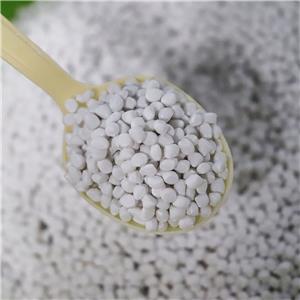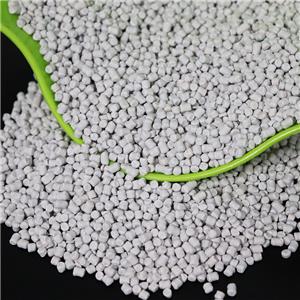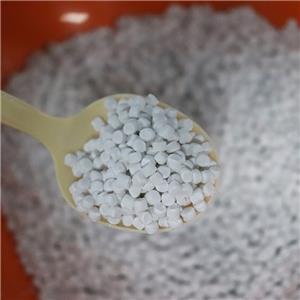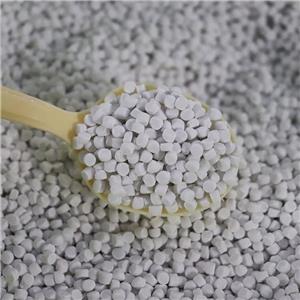Effect of talc particle size on the coefficient of thermal expansion of PVC/talc composites
With the development of science and technology, the performance of materials put forward higher requirements, of which the coefficient of thermal expansion is a very important parameter, if the coefficient of thermal expansion is high, it will bring such serious consequences as interface peeling, material deformation, structural damage caused by thermal stress, is the loss of basic functions of the material or metamaterial. And in PVC materials, filled with a certain amount of talc can effectively reduce the coefficient of thermal expansion of the material, but if the talc particles are too large, the interaction between the talc particles and the substrate is poor, the mechanical properties of the material is poor, even if the coefficient of thermal expansion can be reduced, but the reduction in strength is also small; talc particle size is larger, the particle and PVC contact area is large, the interface is strong, the tensile strength of the composite system and impact Strength is good, the coefficient of thermal expansion is small, therefore, if you need to choose to reduce the coefficient of thermal expansion of talcum powder, should choose 1250 mesh talcum powder is the most suitable.




